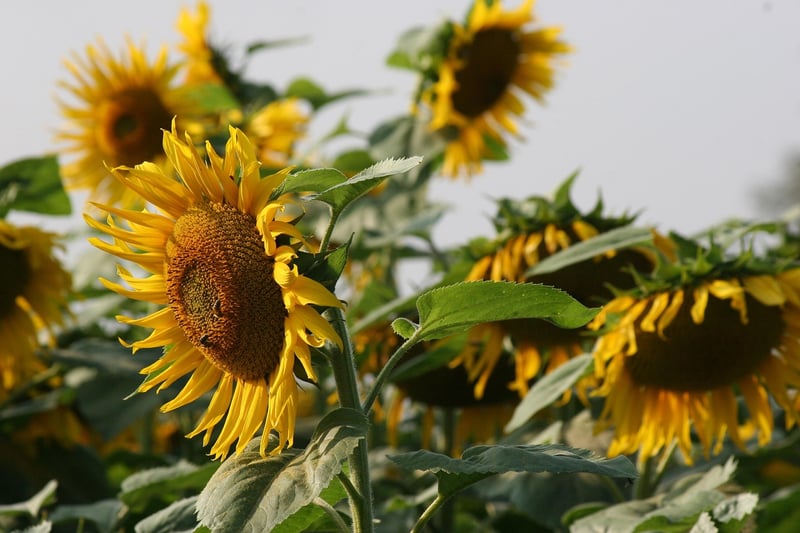Incompatible Plants
Pairing Plants for Mutual Benefits and Incompatible Plants
Introduction to Plant Pairing
When it comes to gardening, the concept of plant pairing goes beyond aesthetics to include mutual benefits and plant compatibility. By strategically pairing plants in your garden, you can create a harmonious ecosystem that promotes growth and health. Understanding which plants work well together and which ones should be kept apart is essential for a successful garden.
Pairing Plants for Mutual Benefits
Certain plants have natural affinities for each other and can provide mutual benefits when grown in close proximity. Here are some examples:
Companion Planting
- Tomatoes and Basil: Planting basil near tomatoes can improve the flavor of the tomatoes and repel pests.
- Beans and Corn: Beans can climb up corn stalks, providing natural support, while fixing nitrogen in the soil.
- Marigolds and Vegetables: Marigolds repel pests that can damage vegetables, making them ideal companions in the garden.
Incompatible Plants
On the other hand, some plants can inhibit each other's growth or attract harmful pests when planted together. It's essential to be aware of which plants are incompatible to avoid negative effects on your garden.
Examples of Incompatible Plants
- Tomatoes and Potatoes: Both belong to the nightshade family and are susceptible to similar diseases, increasing the risk of infection when planted together.
- Beans and Onions: Beans can stunt the growth of onions, leading to reduced yields for both plants.
- Cucumbers and Sage: Sage can inhibit the growth of cucumbers, affecting their development.
Conclusion
By understanding the principles of plant pairing for mutual benefits and being aware of incompatible plant combinations, you can optimize your garden's productivity and overall health. Experimenting with different plant pairings and observing the results can help you create a thriving garden ecosystem.

Remember to research specific plant pairings based on your region, climate, and soil conditions to ensure the best results for your garden.
Happy gardening!
